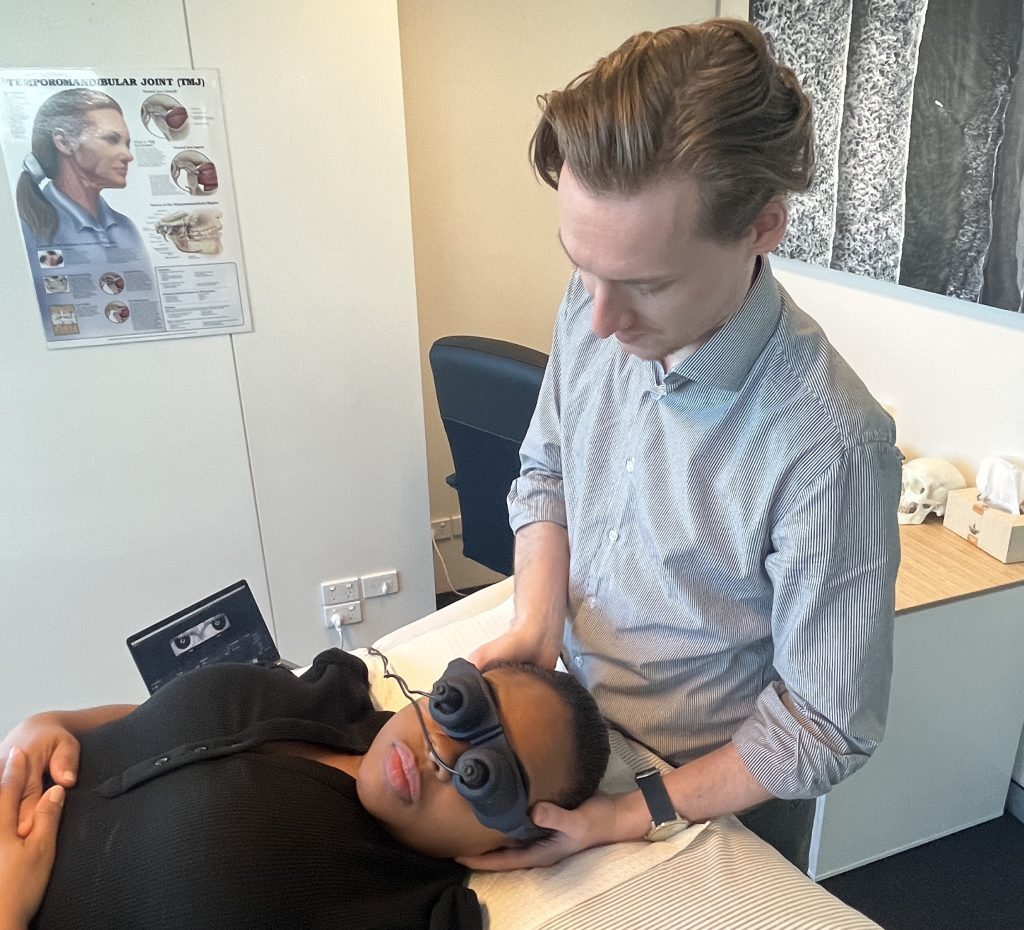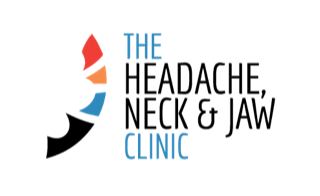What is Vertigo
Vertigo is the sensation that either you or the world around you is rotating. Vertigo episodes can last a few minutes or be constant. Vertigo attacks may be caused by specific movement such as turning to look over your shoulder or rolling out of bed. It can also take you completely by surprise.
Vertigo can have a big impact on your life and daily function; when your world is spinning it can limit your ability to function.
Vertigo Symptoms
As well as the most ‘typical’ vertigo symptom of feeling you or the world around you is ‘spinning’, other symptoms can include:
- Light headedness
- Feeling feint
- Headaches
- Nausea
- Difficulty concentrating
- Blurred vision
Sometimes you can also struggle to keep your balance or feel like you are veering off to one side when you walk.
Vertigo Causes
There are many causes of vertigo. Problems arise when the three primary balance systems in your body are not transmitting the same information to your brain. These three balance systems are:
- Balance organs of the inner ear, called the vestibular system.
- Position sensors in your joints and muscles, especially the neck and feet.
- Your eyes.
Dysfunction can occur in one or any combination of these three systems, or in the processing of information between these systems and the brain. The aging process can also cause deterioration in these systems, which can add another challenge.
Diagnosis of Vertigo
If you are experiencing vertigo symptoms, a timely diagnosis and treatment plan is key.
The Headache, Neck & Jaw Clinic physiotherapists are trained to assess and treat dysfunction of the vestibular system and your balance.
Our assessment includes:
History and Physical Examination
- Distinguish between dizziness and vertigo (dizziness is non-specific while vertigo is a spinning sensation).
- Central vs Peripheral Causes – whether the cause is central (involving the brainstem or cerebellum) or peripheral (involving the inner ear), or even cervicogenic (the neck)
- Common Causes – such as Benign paroxysmal positional vertigo (BPPV), vestibular neuronitis (VN) and Meniere’s disease, common peripheral causes.
- Inner ear anatomy – Understanding the vestibular apparatus in the ear is crucial for assessing vertigo.
Specialised Testing
Specialised testing can include an assessment of balance and coordination, and eye movement studies to evaluate eye movements during specific head positions.
The eyes give us a detailed insight into what might be happening in the vestibular system or brain. A thorough oculomotor examination assessing the integrity of the visual system and vestibulo-ocular reflex is conducted, along with specific tests which are used to assess for peripheral or central conditions. We use vesticam goggles in some of these specific tests in order to identify if there is a vestibular hypofunction (decreased function in one side), or central conditions such as MS.
If we suspect any conditions which may not be pre-diagnosed, then we will refer onto the GP or advise further testing as needed. Examples of these may include blood tests, imaging of the brain or head, or vestibular audiology testing.
Vesticam Goggle testing

Vesticam goggles are a type of infrared goggles that can help a vestibular physiotherapist to determine whether the problem is related to your inner ear (vestibular system) or brain (central nervous system). These goggles enable a physiotherapist to record eye movement during a range of vestibular tests and help provide a more accurate and efficient diagnosis.
When assessing eye movement normally, the eyes can have the ability to fixate on objects and dampen any abnormal, involuntary eye movements (nystagmus). The Vesticam goggles take out the ability to visually fixate, and these eye movements are heightened.
In the case of BPPV, the use of Vesticam/infrared goggles helps us in recording the specific eye movements that will be seen with the diagnostic manoeuvres. Accurate interpretation of these eye movements tells us which canal and ear is affected, and in what way (e.g. Canalithiasis vs Cupulolithiasis). From there we can diagnose and then determine which treatment manoeuvre is suitable.
Specialist Vestibular Physiotherapy Treatment
Vestibular physiotherapists such as the Headache, Neck and Jaw Clinic are trained to assess and treat dysfunction of the vestibular system and your balance. No referral is required, and our clinicians also screen for more serious causes of vertigo such as Meniere’s Disease or vestibular neuritis.
If required, we will refer you to a GP for further testing such as CT scans or blood tests. We also assess your posture and any neck or migraine issues you may be experiencing.
Treatment involves vestibular rehabilitation therapy to treat primary and secondary causes of vertigo. It is an exercise-based program combined with mobilisation of the head and body to correct deficiencies within the vestibular system and strengthen the processing of balance information in the brain.
If you are suffering from the systems of vertigo, contact the Headache Neck and Jaw Clinic today to book an appointment.

